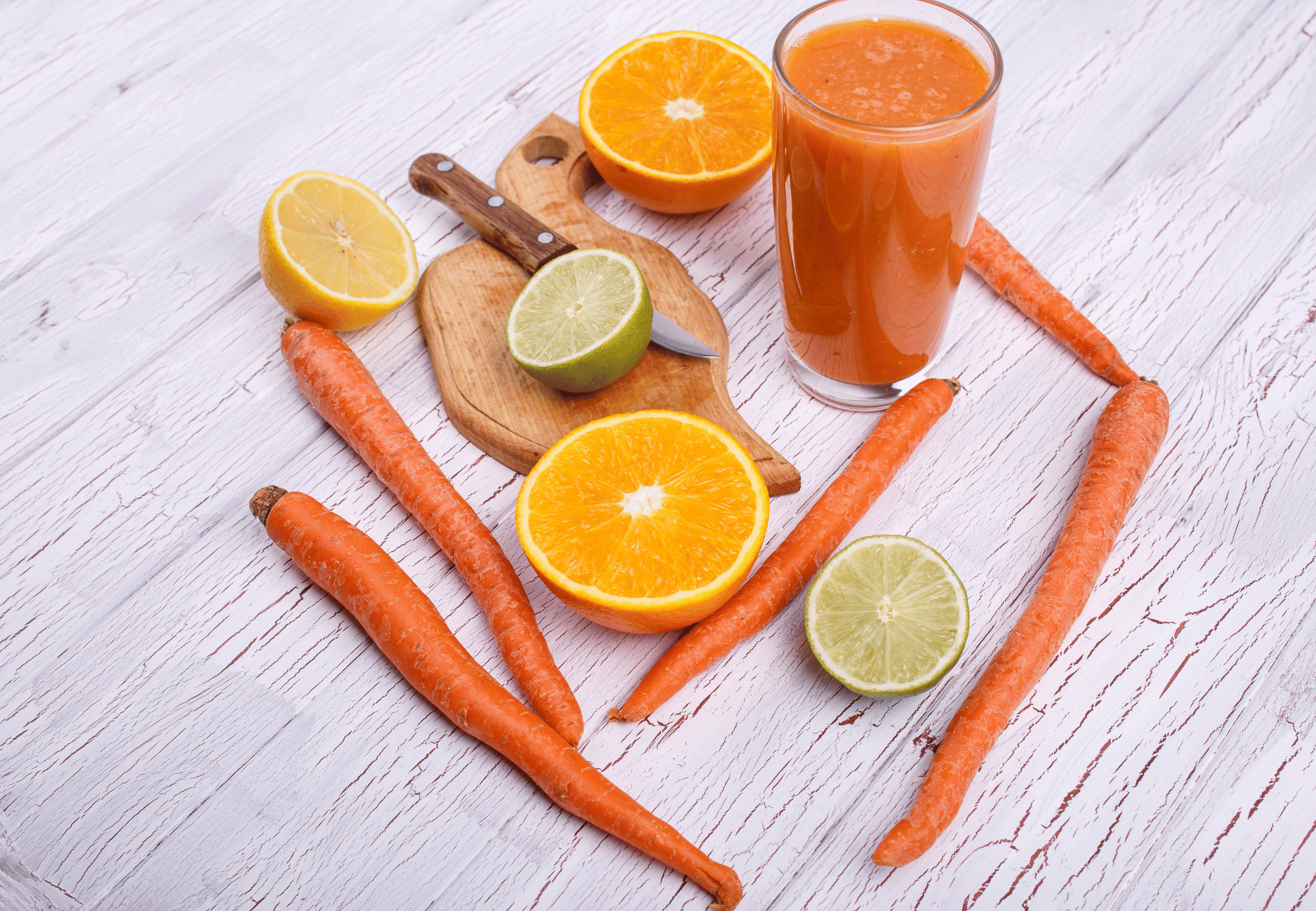With the arrival of the summer and beautiful sunny days, it is inevitable to think about that tan we are all looking for. But is it actually true that certain foods, such as carrots, can help change the tone of our skin?
Today, we will explore the science behind tanning, the role of beta-carotene, and understand how our diet can affect how our skin tans. But remember, no matter what colour your skin is, it is always essential to protect it against sun rays by using the right sunscreen.
Sun Exposure and Melanin Production
Everyone has a different response when it comes to sun exposure, particularly in terms of tanning. While some people tan easily, others may burn and never get a tan. Why is this?
First, it is important to understand why we tan. The colouring of our skin is largely due to the presence and distribution of a natural pigment known as melanin. Melanin's main role is to act as a shield, protecting the skin against damage caused by sun exposure.
When your body is exposed to ultraviolet (UV) rays, you produce more melanin that protects your skin cells against damage. This, in turn, has a darkening effect on your skin tone.
The amount of melanin a person has directly influences their skin tone and hair colour. This amount is regulated by genetic factors.
Influence of Beta-Carotene on Tanning: The Carrot Myth
So what role do foods rich in beta-carotene such as carrots play in tanning?
Firstly, we must clarify that although carrots are undoubtedly a healthy and nutritious vegetable, eating vegetables and other foods has no effect on the production of melanin.
However, it is worth mentioning that carrots contain beta-carotene, which is an orange and yellow pigment found in many vegetables and fruits. Foods rich in beta-carotene include peaches, apricots, peppers, melons, and cherries.
When we eat these foods, our bodies are able to transform beta-carotene into vitamin A. As vitamin A levels in your blood increase, you may notice a slight change in your skin colour tone, especially in areas where subcutaneous fat build-up and perspiration are higher, such as the palms of your hands and the soles of your feet. However, this colour tone is not uniform throughout the body.
Therefore, while foods rich in beta-carotene such as carrots do not provide a direct tan, eating them can contribute towards a light orange tone.
Benefits of Oral Sunscreen
Oral sun protection is a complementary way of caring for our skin from the inside out. It involves taking food supplements designed to help protect your skin against ultraviolet (UV) rays. These supplements contain natural ingredients such as antioxidants, vitamins, and minerals that strengthen your skin's defences.
Benefits of oral sun protection include reducing the negative effects of sun exposure, such as premature ageing and sunburn, promoting healthier and more resilient skin, and providing additional protection alongside the use of topical sunscreens.
Zenement's Solar Care
Taking Solar Care before sun exposure can protect your skin against UV rays, prevent sunburn and prepare your skin for tanning. Our formula includes Calaguala, which helps increase skin's tolerance towards sun exposure and reduce the redness caused by sun exposure, and green tea to fight free radicals formed by UV rays. It also contains vitamins A, C, D, and E to maintain healthy skin.
Ultimately, while it is true that diet and beta-carotene intake can influence the colour of your skin, the carrot and tan myth is largely just that: a myth.
To protect your skin against sun damage, it is essential to use creams with a high sun protection factor, and you can reinforce this with the right nutritional supplements, such as Zenement's Solar Care.


